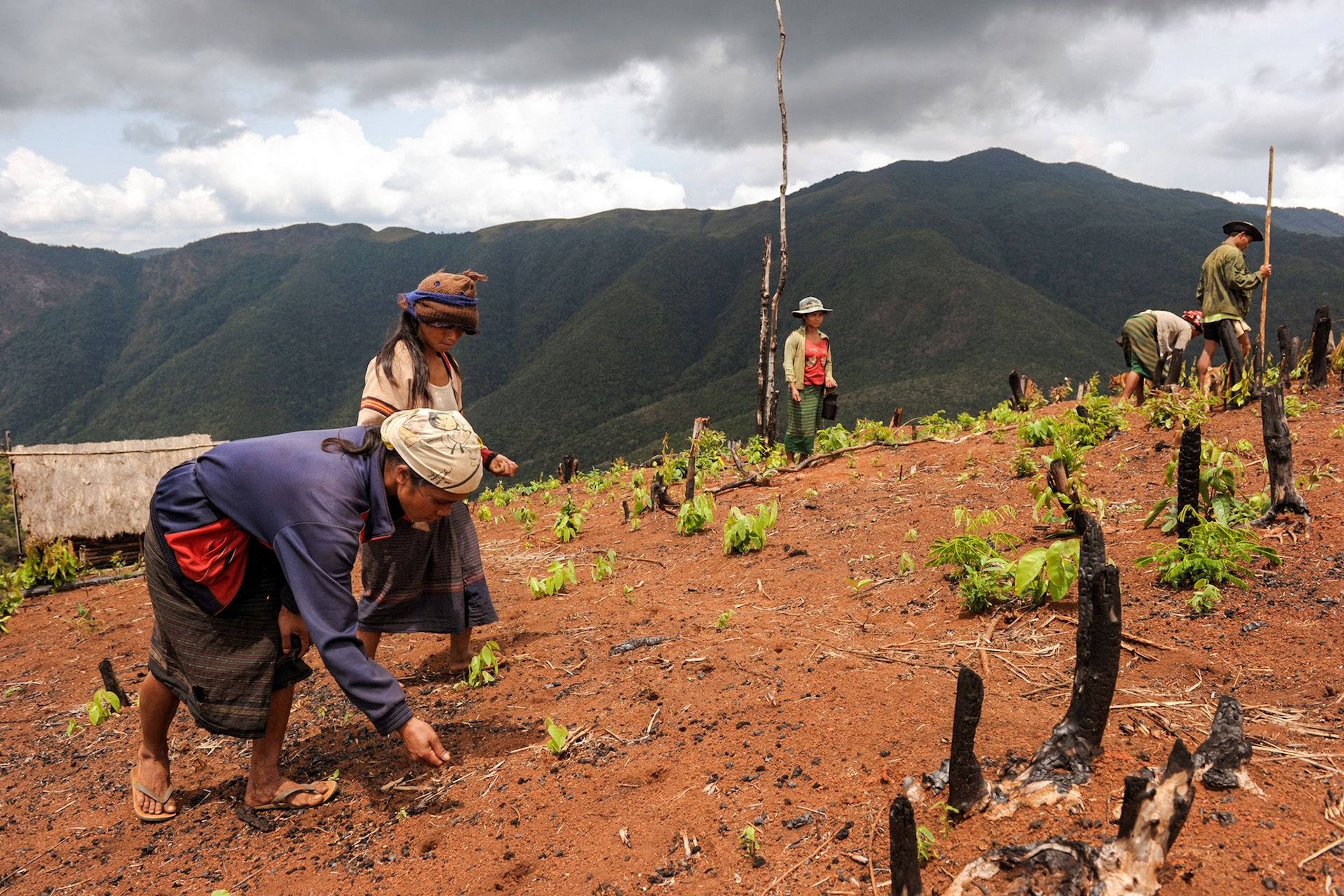The World Indigenous Tourism Alliance
Connecting local Indigenous cultures with the travel industry to help inspire, create, and support authentic, meaningful adventure travel experiences.

WINTA Pulse
Stay informed with our latest updates and news.
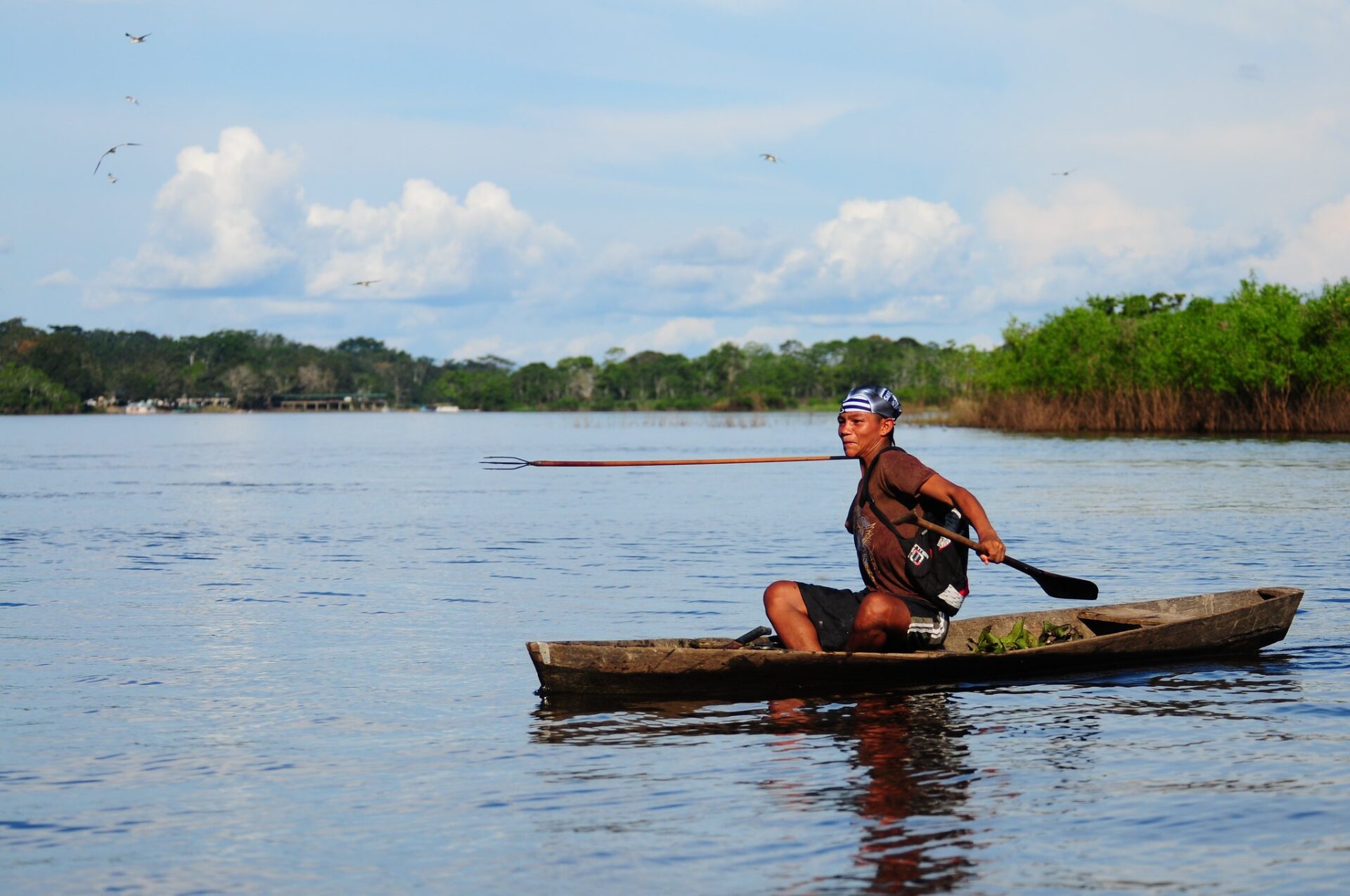
Colombia decree recognizes Indigenous people as environmental authorities
{mb_articles_article_description}
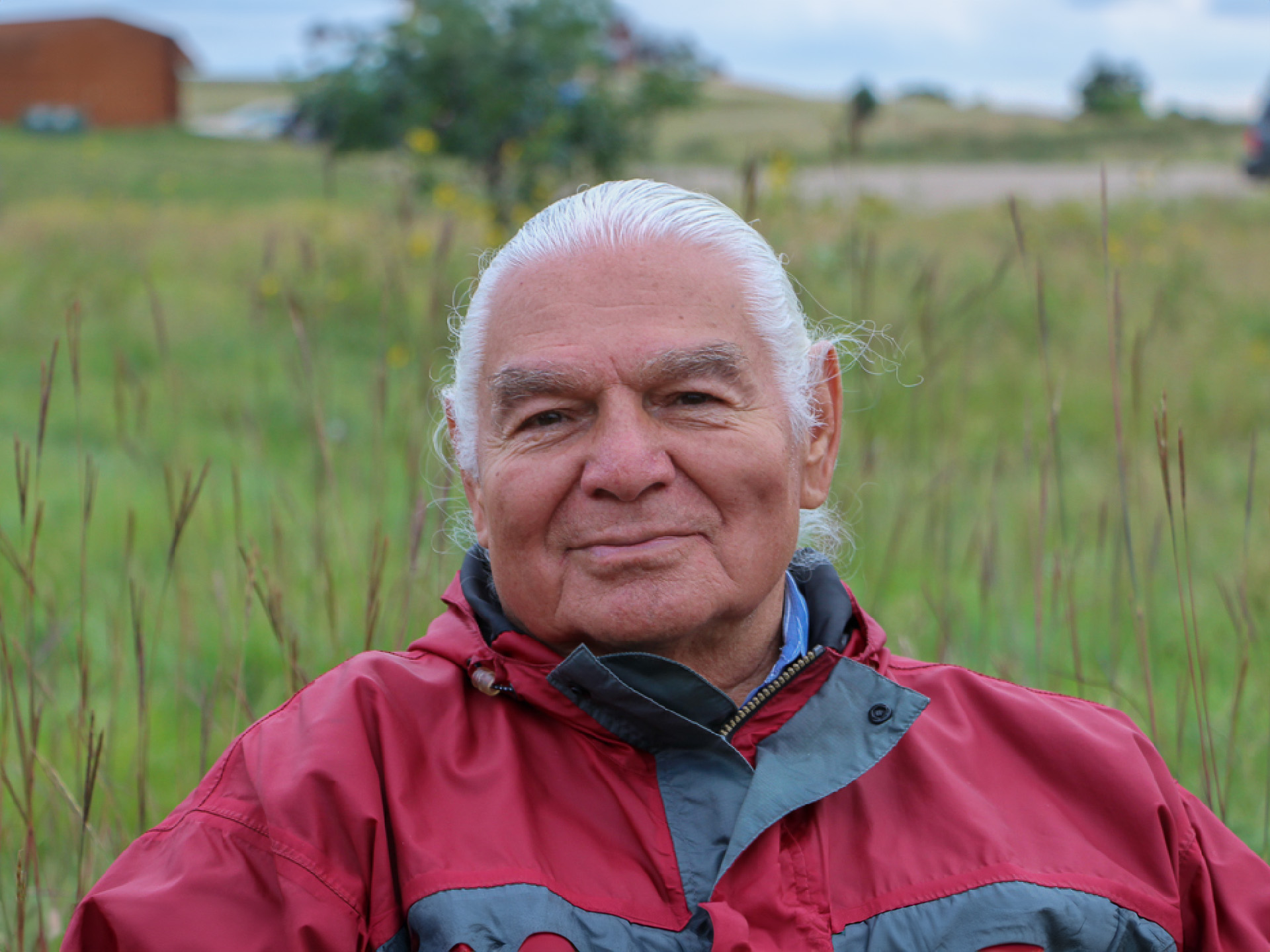
WINTA Mourns the Passing of Chairman Ben Sherman
{mb_articles_article_description}
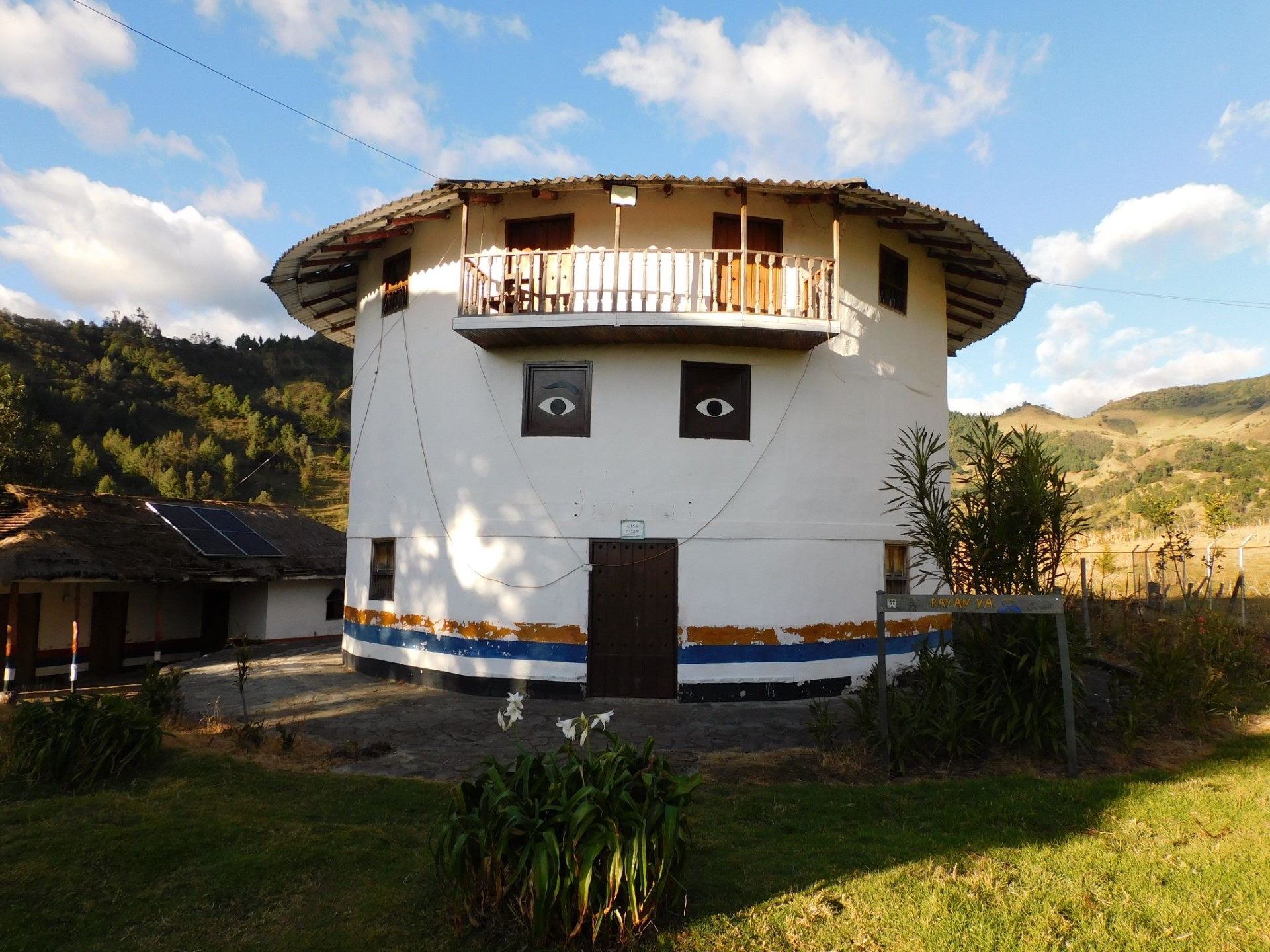
Itinerant Intercultural Indigenous Tourism School
{mb_articles_article_description}
Guided by the Six Principles of the Larrakia Declaration
- Stakeholder Collaboration
- Custodian of the Pacific Asia Indigenous Tourism Conference
- Advocacy
- Reporting
- Strategic Destination Consultation
- Policy Research
- Tourism Conferences and Workshops
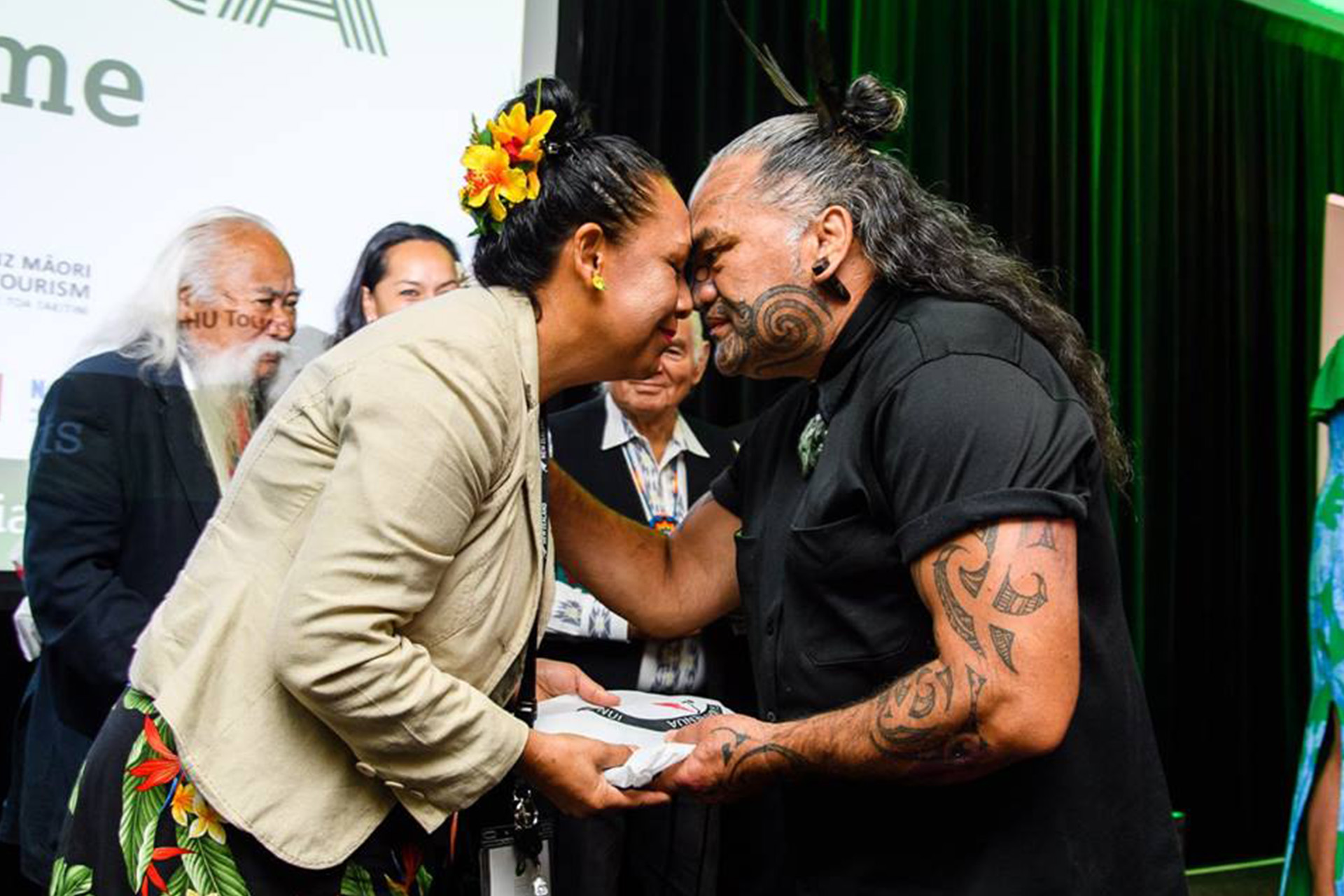
Investing in Indigenous Tourism May be Key to Regenerative Future
An article by By Emily Trostel that explores how Indigenous tourism can benefit both destinations and travelers. It shares the insights of Ben Sherman, a leader of WINTA, and the example of Canada, where Indigenous tourism is thriving. It also emphasizes the need for more research and data to support Indigenous tourism development.
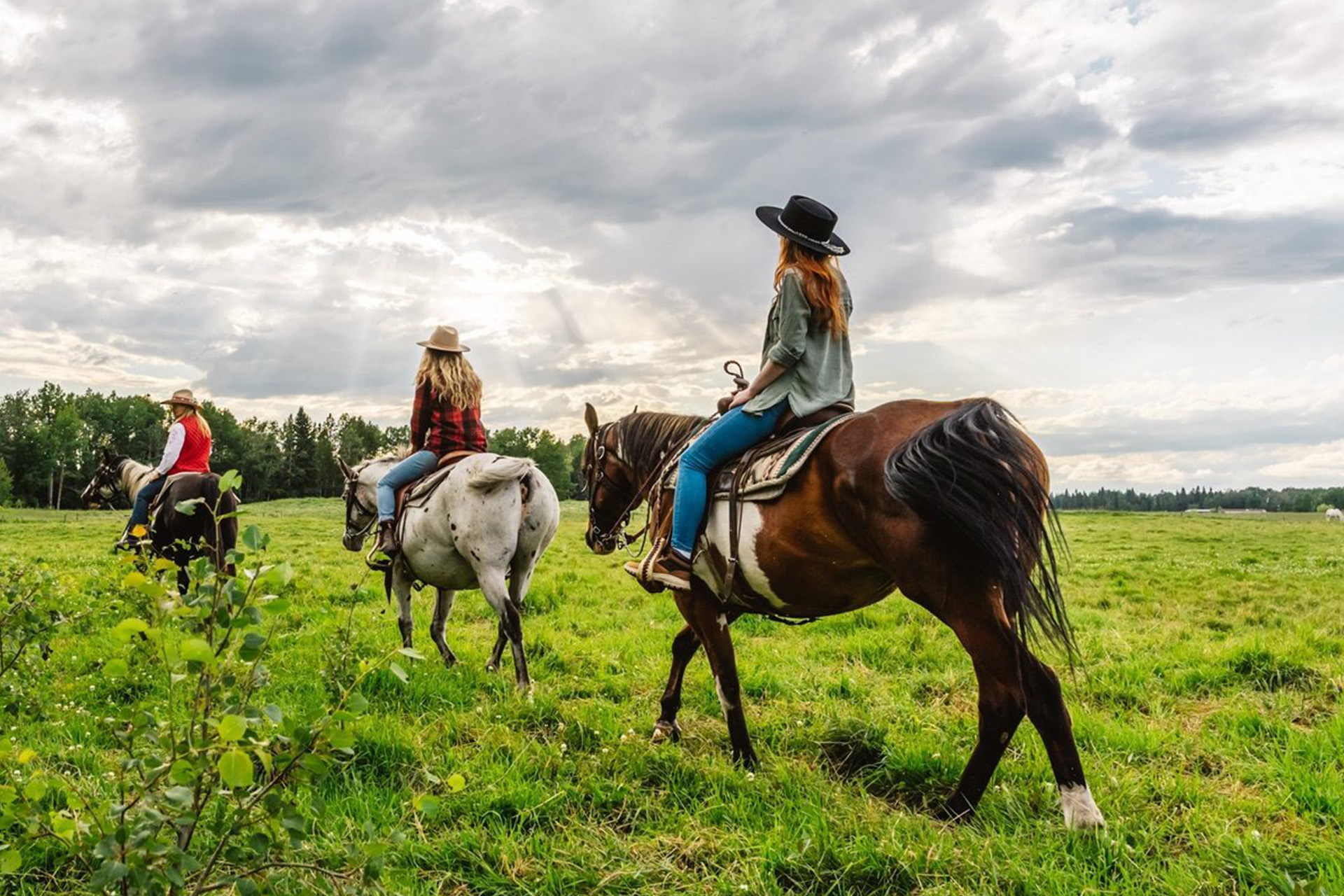
ARCTISEN
Culturally Sensitive Tourism in the Arctic
This is just placeholder text. Don’t be alarmed, this is just here to fill up space since your finalized copy isn’t ready yet. Once we have your content finalized, we’ll replace this placeholder text with your real content.
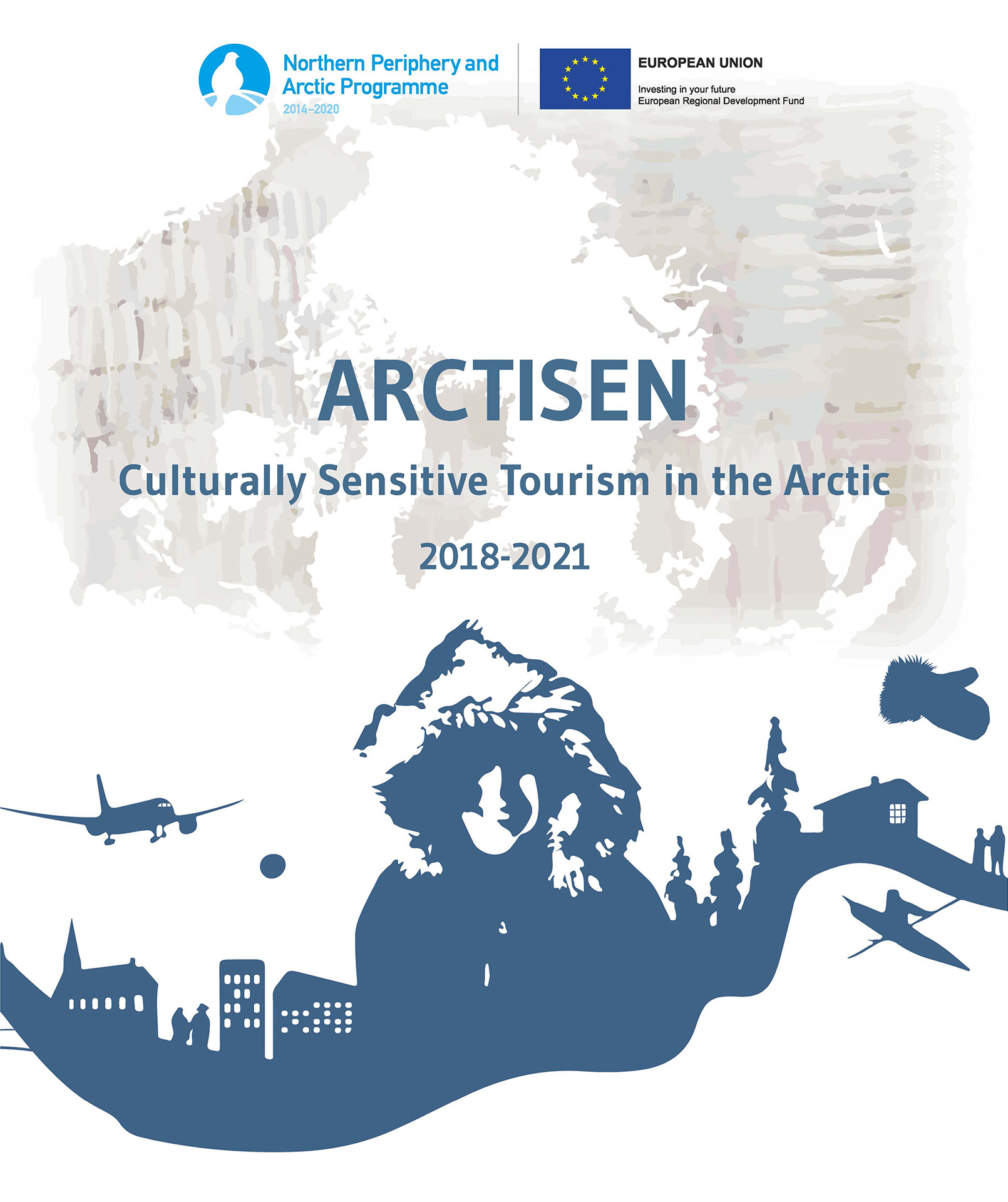
Indigenous Human Rights
The United Nations Declaration on the Rights of Indigenous Peoples (UNDRIP) was adopted by the General Assembly of the United Nations on Thursday, September 13, 2007 – after more than two decades in the making. Since then, the global consensus around the Declaration has been reaffirmed at several occasions, and it became the foundation for the development of the Larrakia Declaration on the Development of Indigenous Tourism.
Subscribe To Receive Our Newsletter
